
KENYA NEWS
11-04-2024 by Freddie del Curatolo
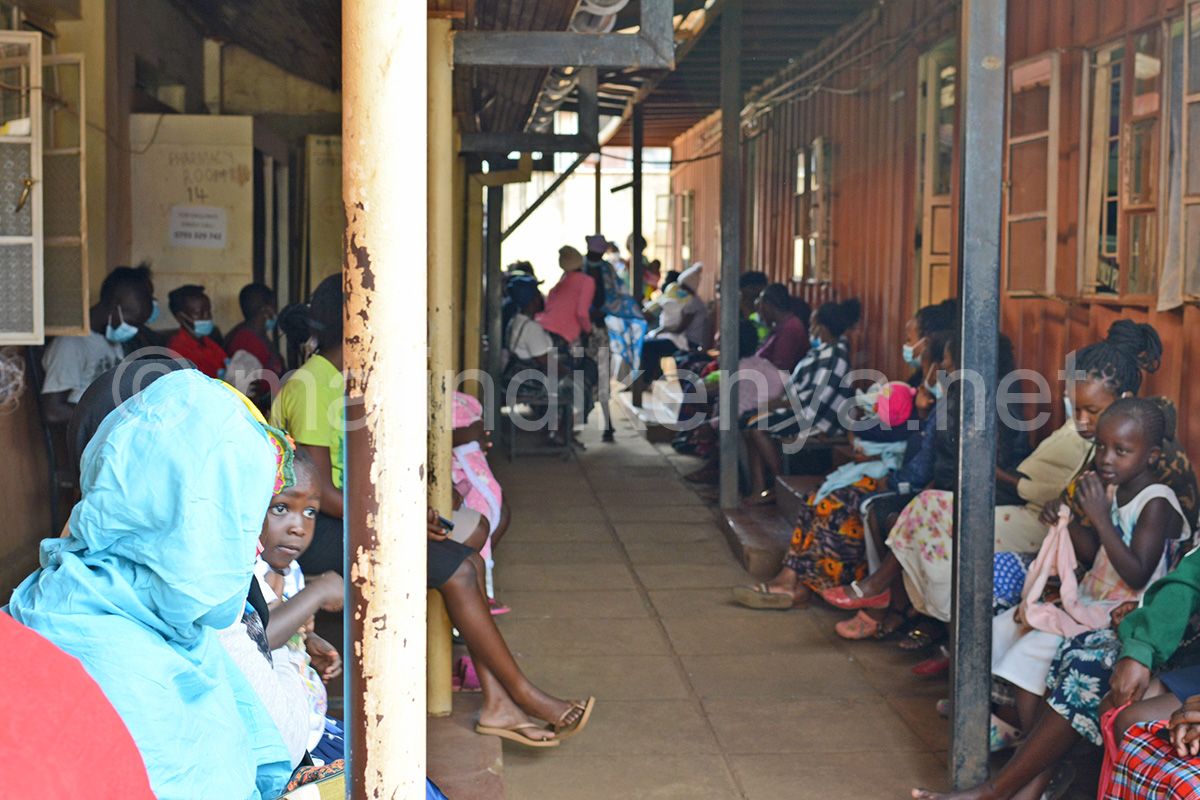
Kenya's public health service has been paralysed for almost a month, that is, ever since the doctors of state hospitals decided to go on strike to demand in the only 'breaking' and vocal manner that the government honour its promises and renegotiate their employment contracts.
The promises, according to the Kmpdu union, which brings together practically all the country's public doctors and has about 7,000 members, concern about a thousand trainees who, after a year of unpaid internship, had been promised employment and grading, with the corresponding salary.
In addition, the unions want to sit down with the government to rediscuss the terms of their contracts.
Normal disputes between workers and employers, one might think, except that in Kenya it often happens that a strike is immediately declared illegal, even though by constitution it is a right, as in many other countries of the world, that the demands of the categories start from the stars and then bargain, and that the representatives of the institutions reply candidly, in this case President William Ruto himself, 'sorry, but we have no money'. According to media reports, the Ministry of Health last month asked for about 5 billion Kenyan shillings, (32 million euro) to start hiring former practitioners, to no avail.
This strike, for the umpteenth time, sheds light on the problem of forced unemployment of so many graduates and qualified staff who have often made sacrifices, with their families, to attend schools in the country and to whom it would seem natural to find work, given the endemic shortage of staff in public facilities. But the shortage of employees is compounded by that of the state budget, which often chooses to invest in other 'strategic' sectors, or is forced to do so. The saying 'the important thing is health' does not seem to apply here.
So the strike has been going on since 13 March, and those who lose out, of course, is the population, and in particular the poorer sections of the population, those who cannot afford to access private healthcare, as is now the case with the middle class and the rich, including foreigners.
Public hospitals, except in rare cases, do not guarantee adequate services, they often have obsolete or non-functional equipment, biblical waiting times, and if lives are saved, they almost always do so thanks to the preparation, willingness and disposition of the staff working there.
In Kenya, however, it also happens that those that are affiliated, i.e. Islamic, Christian or Hindu-inspired hospitals and private facilities dedicated to the needy, are forced to pay under the table for doctors who are members of unions in order to have them on staff. For many of them, therefore, the strike has a double meaning: on the one hand they protest, hoping to gain benefits, on the other hand they do not risk being without pay.
Also because when it is the state that pays, dismissals are already triggered, despite the fact that it is not clear whether the cause is 'just' or not.
In short, a great deal of chaos culminated in a large peaceful demonstration last Tuesday in Nairobi, while in the country's main hospitals, from the queues of the first days of patients, even those who are not serious, we have moved on to the despair and desperation of those who are trying in vain to be treated and of those who have lost a loved one because of the inefficiency. The queues, on the other hand, have for the past week been registered on the border with Tanzania, particularly in the Kilimanjaro region, where thousands of sick people are asking to be treated in the neighbouring country. In Arusha, the city closest to the border where there are hospitals worthy of the name, many clinics are gearing up to receive more patients than normal and charge 'popular' prices to entice their neighbours, while other dispensaries are doing their utmost to provide specialist visits.
Another fact that brings us closer to the African reality, is the return of many rural inhabitants of Kenya, who make up two-thirds of the population, to the practices of yesteryear, linked to traditional medicine, healers and herbalists, if not witchcraft.
Unfortunately, to date, there are no glimmers of hope for this unprecedented situation, due to the length of the union unrest and the firmness of both factions: the union rejected an initial government proposal on raising minimum wages, which was deemed inadequate. On the other side, the government declared that the doctors' demands were exaggerated.
HEALTH
by redazione
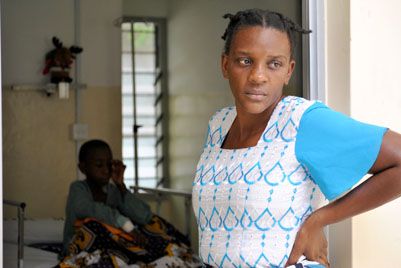
After one hundred days long, especially for patients in all of Kenya, the doctors decided to retract their protest and return to the hospitals.
The strike created to assert their rights, enshrined in a category by some ready-year contract and...
CORONAVIRUS
by redazione

Nairobi, the Capital. The centre with the highest number of laboratories to process swabs and the...

The strike by Kenyan doctors going on now for almost three months and the two sides are entrenched in their positions. The government refuses to give in to the demands of the doctors and has even declared the strike illegal....
NEWS
by redazione
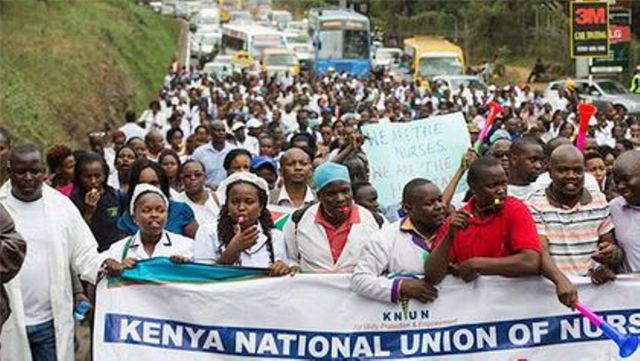
It is no coincidence that in these days the data of the Covid-19 emergency concern very...
NEWS
by redazione
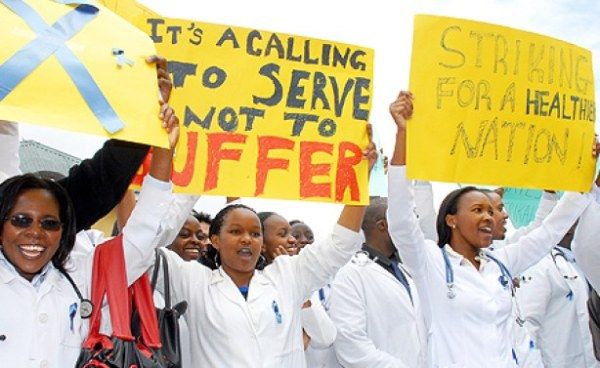
Finally, after five months of industrial unrest, the national strike of nurses and nurses in Kenya ended.
As a result of the political stalemate in the elections and...
HEALTH
by redazione
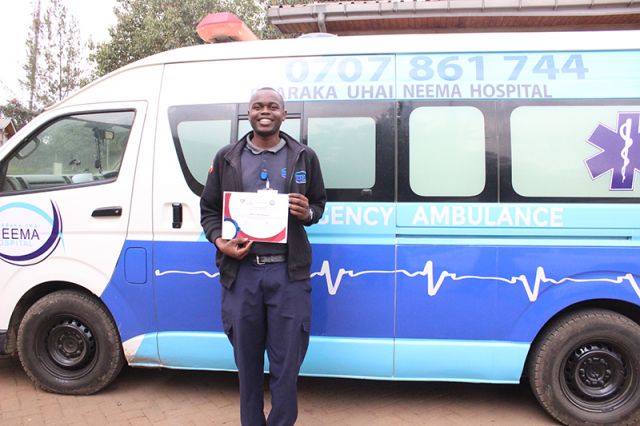
Ruaraka Uhai Neema Hospital, run by the NGO World Friends, has been recognized as the...
NEWS
by redazione
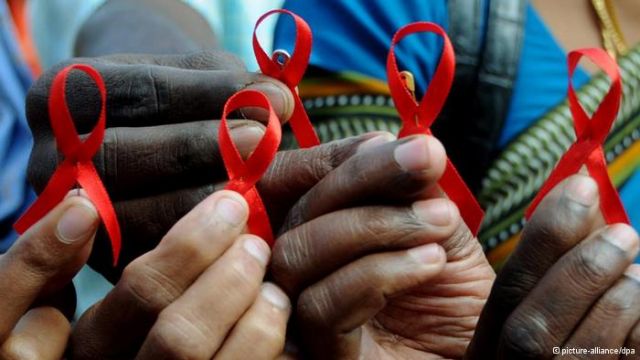
HIV-infected patients significantly decrease in Kenya, according to data submitted by the Ministry of Health.
Most importantly, the official percentages regarding the "natural" transmission of AIDS between mother and son.
CORONAVIRUS
by redazione
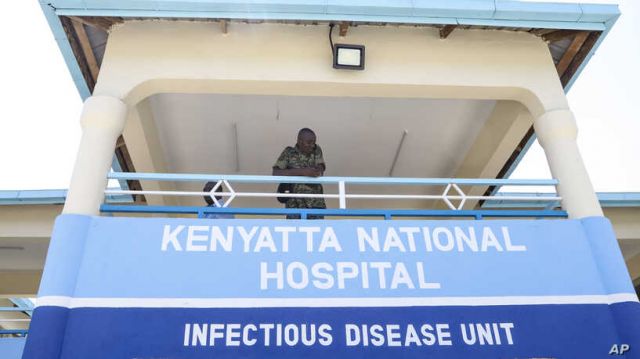
The situation in intensive care in Kenya is under control, the percentage confirms the slightly...
CORONAVIRUS
by redazione

Encouraging data for Monday, June 22, are "only" 59 positive out of 2,354 tests carried out in...
NEWS
by redazione

Kenya has become one of the first African countries for wellness tourism.
Private healthcare and SPA facilities have led Kenya to the podium between the destinations of "medical tourism" in the Black Continent, as reported in the report of the...
EMERGENCY
by Freddie del Curatolo

An important gesture of our compatriots makes the work of the doctors of the General Hospital of ...
coronavirus
by redazione
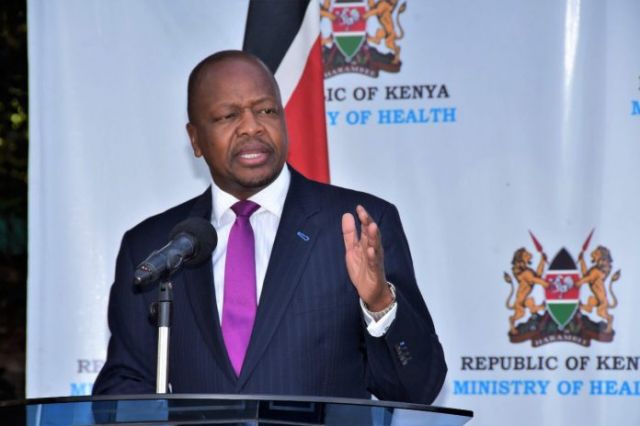
Kenya continues the positive trend of many more cured patients than...
CORONAVIRUS
by redazione
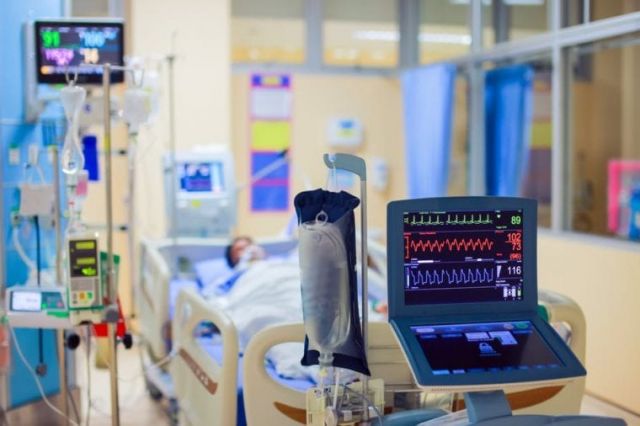
While hundreds of citizens are anticipating possible government decisions about a pre-Christmas...
CORONAVIRUS
by redazione

In Kenya a real "pandemic emergency" has never occurred, but to date it is feared that this was...
HEALTH
by Freddie del Curatolo

One of Italy's leading health groups will work with Kenya to improve the country's health system, which...